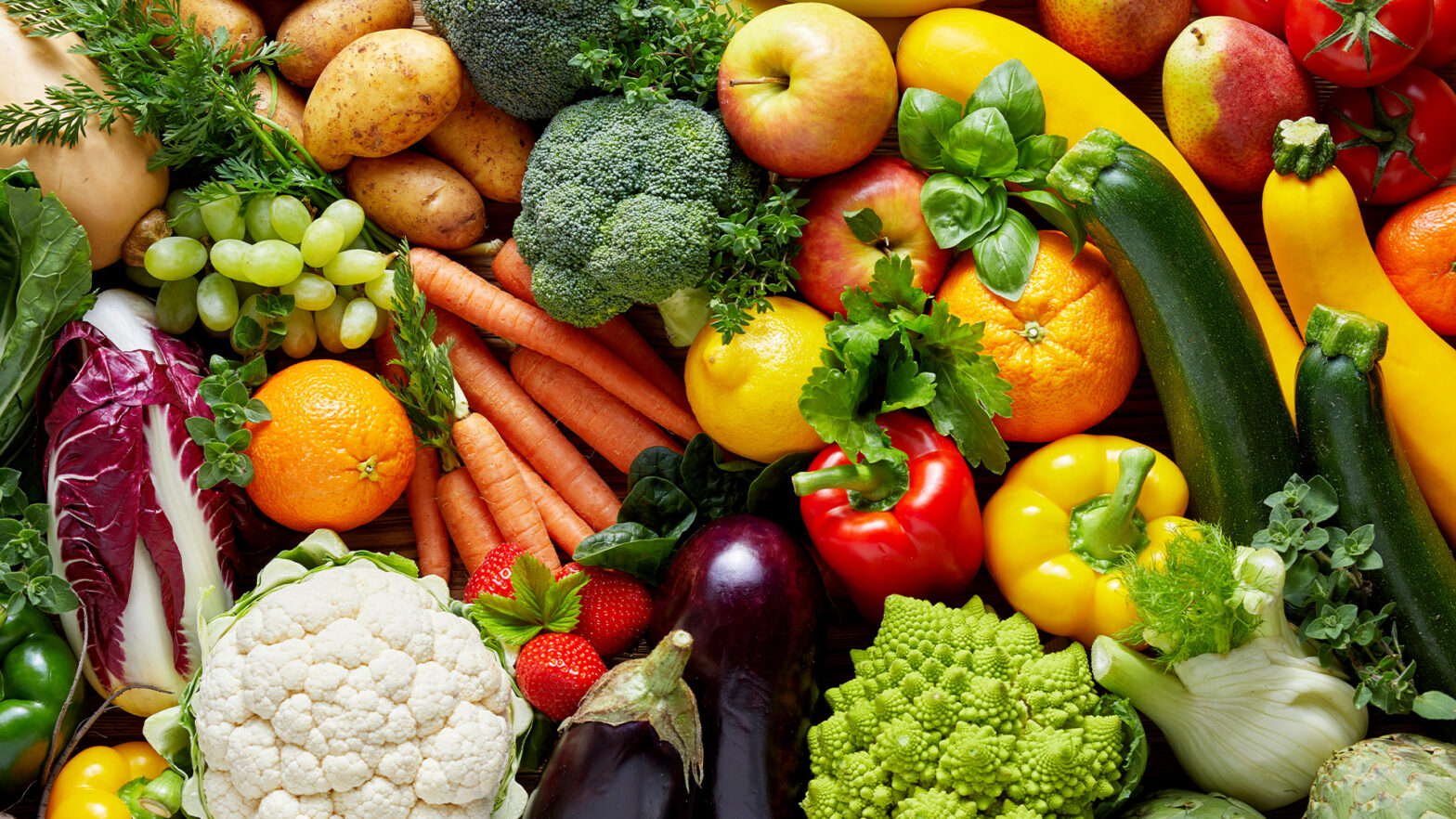
By Bunmi Aboaba, Recovery Coach specialising in Food Addiction
Mental health is the hot topic of the moment and quite rightly so. It doesn’t discriminate, young, old, male, female, different ethnicities, different demographics… unfortunately it can affect anyone. So, what exactly are the effects of food on mental health? How are the two intertwined?
Of course, we have a strong psychological connection with food. It can be positive and negative. Some foods evoke warm memories of childhood – such as a homemade stew or a certain chocolate bar you used to buy after school. But they all come with a biochemical and physical connection, affecting our mental health.
All we have to do is observe what happens when we eat a nutritious and balanced diet – we feel physically well and, in many cases, mentally well. Taking care of what you eat is a huge part of self-love or self-care.
The connection between stress and eating can, sadly, start at childhood. A study (https://www.ncbi.nlm.nih.gov/pubmed/29203444) by Dr Hill at
School of Psychology, University of Leeds, looked into this further. Dr Hill said: ‘It is well established that stress is linked to changes in eating behaviors. The current findings are concerning as they suggest the impact of stress on unhealthy eating may begin as early as eight or nine years old.’
Many people don’t realise the significant correlation between food and mental health… and how damaging it can be. It’s essentially a vicious cycle, so it’s crucial to know why our mental health is affected by food and what we can do about it.
The physical long-term effects of food addiction can also lead to poor mental health. Coping with diabetes, weight gain, high cholesterol, high blood pressure, reproductive problems, heart disease and gallstones will have a detrimental effect on the person’s psyche and self-esteem.
Compound this with feelings of guilt because these medical conditions may have been as a direct result of their food addiction.
We can use stress eating and sugar as a benchmark for the link between food addiction and mental health. As you probably know, sugar can induce a very short-term rush of dopamine, but it also means you’ll get the dreaded ‘sugar crash’ where your body tries to bring your blood glucose back to normal by triggering more insulin. This can make some of us crave even more sugar, leading to a vicious cycle of binge eating. Your adrenal gland is also working overtime and pumping out cortisol and adrenaline at an alarming rate. These are the famous ‘stress hormones.’ Many of us turn to sugar to get this quick fix. As a result, ‘stress eating’ sugary foods can actually greatly increase stress.
Food addiction is a one-way ticket to setting up a vicious cycle where the person will binge again just to make themselves feel better. They do it to release the serotonin and the dopamine to get the endorphins rushing… to create that high, only to crash again and feel depleted and crushed, and round we go again.
Studies (https://www.camh.ca/en/camh-news-and-stories/the-emerging-link-between-food-and-mental-health) suggest that there is a solid link between food addiction, depression and anxiety disorders and there are higher rates of depression within the food addicted group than individuals who aren’t addicted.
For example, a recent study released by Harvard Health Publishing revealed that people who follow a traditional Japanese diet or Mediterranean diet of seafood, fruit, vegetables, pulses and grains had a 25-35% lower risk of developing depression. This is because these diets have a much lower amount of processed and refined foods compared to ‘Western’ diets, meaning they consumer lower amounts of trans fats and sugars.
Switching to a Japanese or Mediterranean diet will improve your mental health and physical health. You’ll have more energy, better mental clarity and a big boost in confidence. Natural rest and sleep patterns will return. You’ll feel a new sense of purpose. In other words; recovery will take place at every level.
Conversely, food addiction might also be the result of psychological factors. Factors included in this category are emotional or sexual abuse, being a victim or survivor of a traumatic event, having an inability to healthily cope with negative situations, chronic low self-esteem, or experiencing grief or loss. Psychological factors such as these can influence an individual to use food as a coping mechanism to relieve the painful emotions that may have resulted.
Binge eating will initially lead to feelings of relaxation and comfort, which I call a ‘carb high,’ followed by what can only be described as severe emotional distress. You may find yourself using words used such as ‘shame,’ ‘disgust,’ ‘guilt,’ and even ‘I loathe myself.’
The effort it takes for many to keep this going is monumental, from the minute the person wakes up, the obsession and compulsion is there. Food is the predominant, overriding thought of the day. Not only does binge eating itself damage your mental health, it takes up a lot of mental energy to plan a binge whilst going about daily routines. Procuring food is a ritual and a military operation.
On top of all that, people may feel exhausted in the morning after a carb hangover, this all leads to poor mental health. Anxiety and stress sets in and life becomes unmanageable. The person finds it harder and harder to cope with daily life, leading to them binge even more.
Overall, it is definitely a chicken and egg scenario. Some specialists chose to treat the psychological factors first before the addictive behaviour around food and others treat the food addiction first before addressing the person’s psychological issues.
I lean towards approaching the food side of things first with a support system in place so mental health issues can be addressed. Don’t forget that a person may just be chemically dependent on the foods of choice and thus removal of these substances and a simple but robust support system to maintain things is what is needed.


















